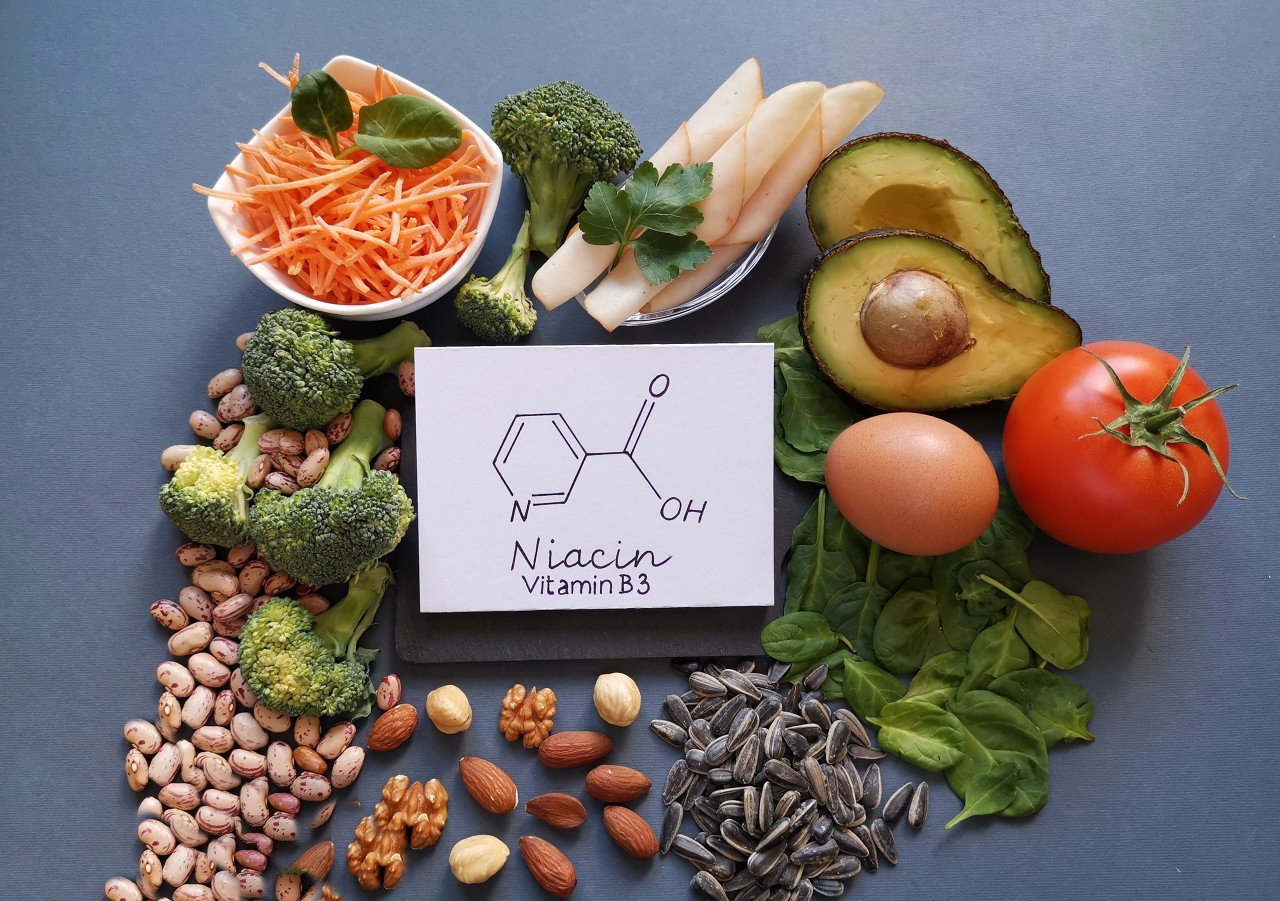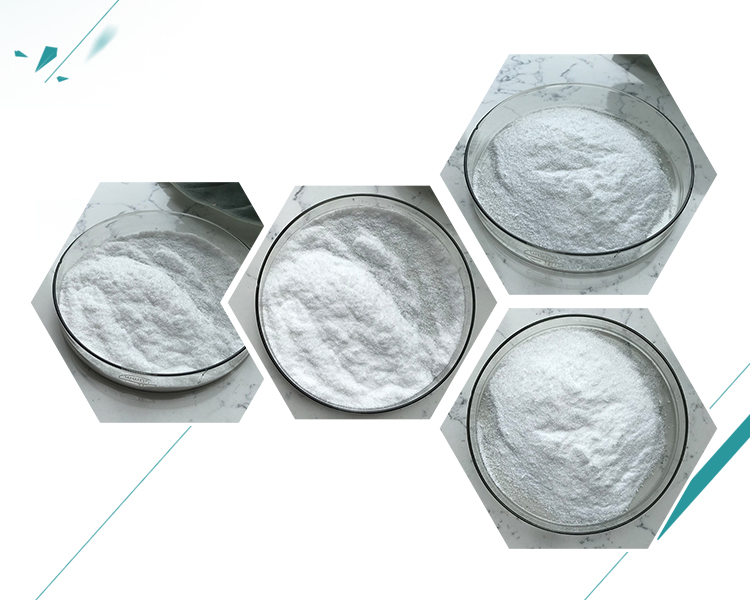Niacin, also known as vitamin B3 or nicotinic acid, is an essential nutrient that plays several important roles in the body. Its efficacy and actions are diverse and significant:
1.Energy Production: Niacin is crucial for converting carbohydrates, fats, and proteins into usable energy. It does this by aiding in the production of NAD (nicotinamide adenine dinucleotide) and NADP (nicotinamide adenine dinucleotide phosphate), which are coenzymes involved in cellular metabolism.
2.Cholesterol Management: Niacin has been shown to improve cholesterol levels by increasing HDL (high-density lipoprotein or “good” cholesterol) and lowering LDL (low-density lipoprotein or “bad” cholesterol) and triglycerides. It can also reduce lipoprotein(a), which is a type of cholesterol linked to heart disease risk.

3.Cardiovascular Health: Due to its effects on cholesterol levels, niacin is beneficial for cardiovascular health. It helps in reducing the risk of atherosclerosis (hardening and narrowing of arteries) and subsequent heart disease.
4.Skin Health: Niacin is involved in maintaining healthy skin. It can improve the skin barrier function, enhance moisture retention, and reduce inflammation, making it beneficial for conditions like acne and eczema.
5.Brain Function: Niacin plays a role in cognitive function by supporting healthy brain metabolism. Adequate levels of niacin are important for maintaining cognitive performance and possibly reducing the risk of neurodegenerative diseases.
6.Anti-inflammatory Properties: Niacin has mild anti-inflammatory effects, which can be beneficial in conditions where inflammation plays a role, such as arthritis.
7.Mood Regulation: Some studies suggest that niacin may have a role in regulating mood and reducing symptoms of depression and anxiety, although more research is needed in this area.

Deficiency: A deficiency in niacin can lead to a condition called pellagra, characterized by symptoms such as dermatitis, diarrhea, dementia, and potentially death if untreated.
Sources: Niacin is found in a variety of foods, including meat, fish, poultry, enriched cereals, legumes, and nuts. It can also be synthesized in the body from the amino acid tryptophan.
Supplementation: Niacin supplements are available and can be used to treat deficiencies or for therapeutic purposes like managing cholesterol levels, but should be taken under medical supervision due to potential side effects, such as flushing and liver toxicity at high doses.
In conclusion, niacin is a versatile nutrient with crucial roles in energy metabolism, cardiovascular health, skin integrity, and potentially brain function and mood regulation. Its actions and efficacy make it an essential part of a healthy diet and supplementation strategy when indicated.
